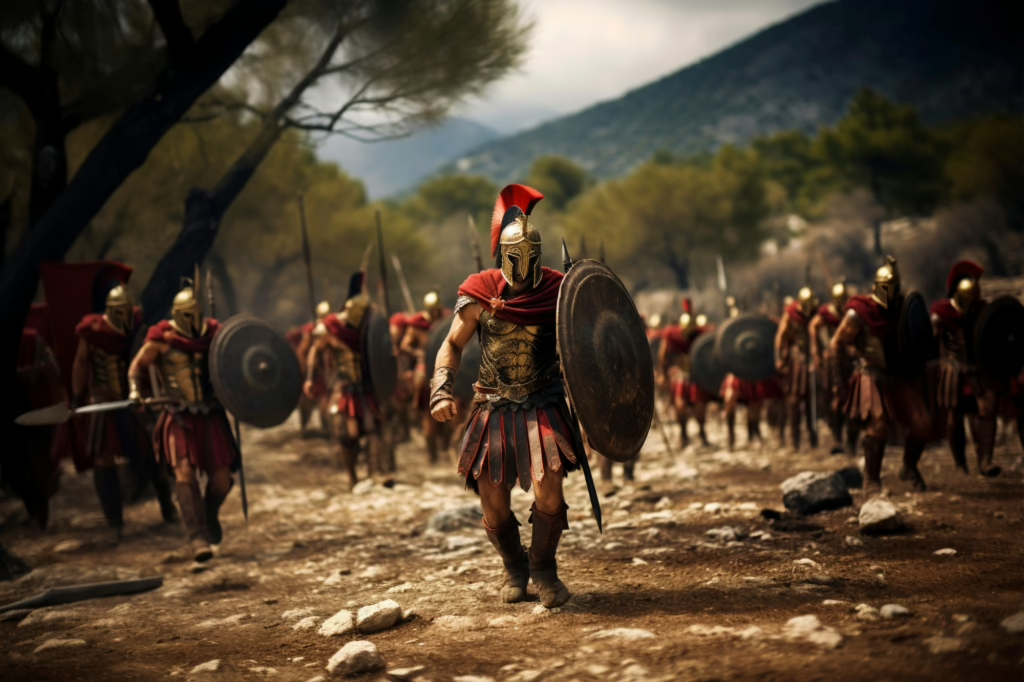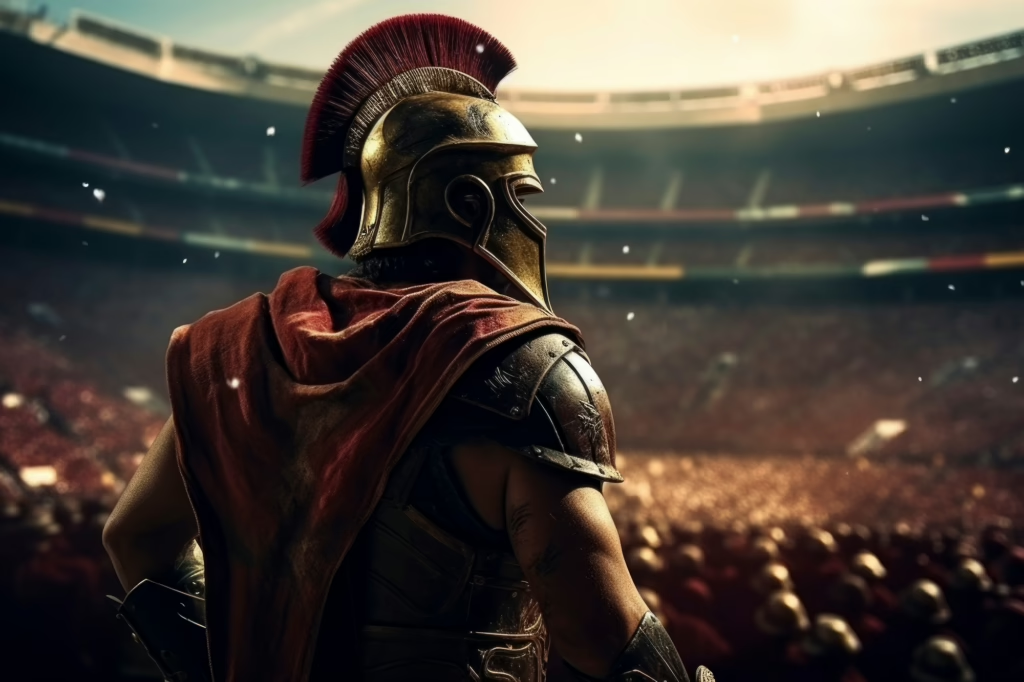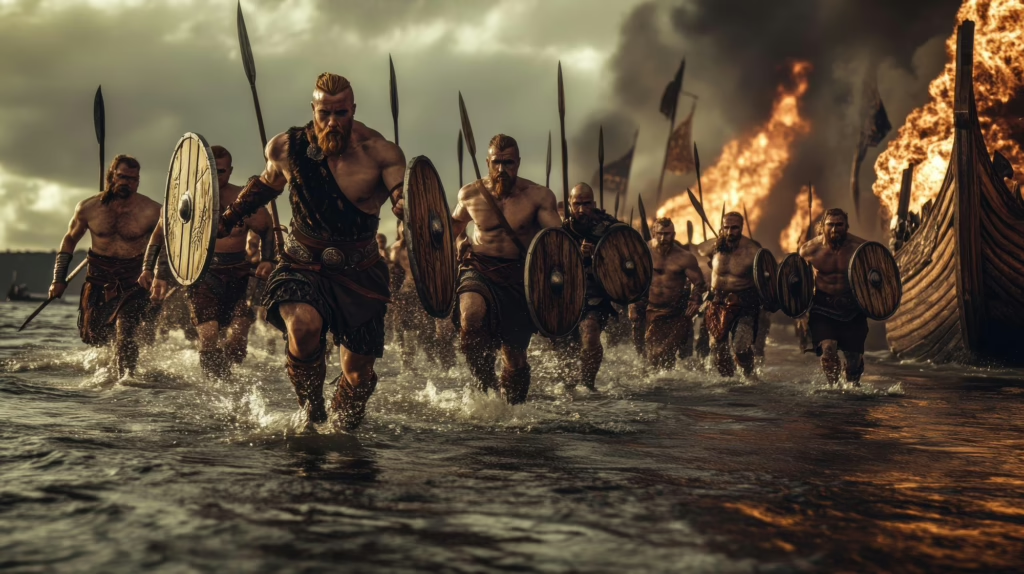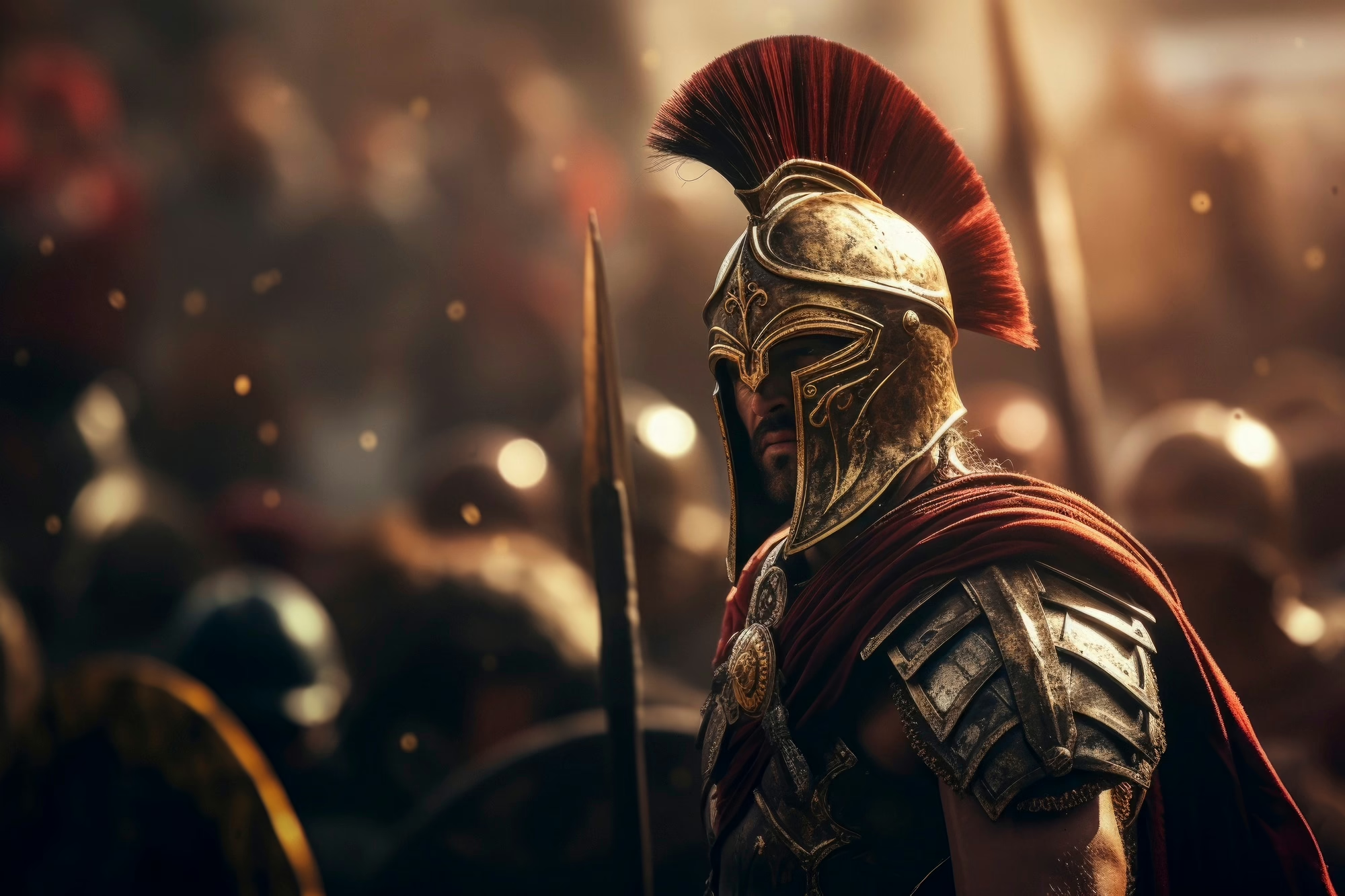Alfred Lord Tennyson’s “Ulysses”, written in 1833 and published in 1842, reimagines the Greek hero Odysseus (Ulysses) after his return from the Trojan War. Drawing from both Homer’s Odyssey and Dante’s Inferno, Tennyson presents an aging king who finds no satisfaction in idle domestic life and yearns instead for new adventures. The poem reflects the eternal human desire to pursue meaning, knowledge, and purpose, even in the face of age and death. Deeply personal yet universally resonant, “Ulysses” is a dramatic monologue that explores heroism, restlessness, and the will to strive on. This analysis offers a thematic and stylistic breakdown of the poem, with attention to figures of speech that enrich its power.

I. Discontent in Domestic Life
“It little profits that an idle king,
By this still hearth, among these barren crags,”
- Meaning: Ulysses begins by expressing that it’s hardly worthwhile to be an idle, ceremonial king, living a stagnant life in the rugged and lifeless landscape of Ithaca.
- Figures of Speech:
- Metaphor: “still hearth” symbolizes the stagnant, inactive domestic life.
- Alliteration: “barren crags” (emphasizes harshness).
“Match’d with an aged wife, I mete and dole
Unequal laws unto a savage race,”
- Meaning: He feels disconnected from both his wife and the people he rules—uncultured, unworthy of his energy.
- Figures of Speech:
- Juxtaposition: contrasts his greatness with his unfulfilling domestic and political duties.
- Diction: “savage” and “aged” convey bitterness.
“That hoard, and sleep, and feed, and know not me.”
- Meaning: He views his subjects as basic, beast-like creatures who don’t appreciate who he is.
- Figures of Speech:
- Triad/Asyndeton: “hoard, and sleep, and feed” — lists their mindless actions.
II. Longing for the Active Life
“I cannot rest from travel; I will drink
Life to the lees:”
- Meaning: He refuses to stop adventuring. “Drink life to the lees” implies living to the last drop.
- Figures of Speech:
- Metaphor: life is a drink; “lees” are dregs of wine.
“All times I have enjoy’d
Greatly, have suffer’d greatly, both with those
That loved me, and alone, on shore, and when
Thro’ scudding drifts the rainy Hyades
Vext the dim sea:”
- Meaning: Ulysses reflects on a full life of joy and suffering, both in companionship and solitude. He recalls stormy voyages, finding meaning even in adversity.
- Figures of Speech:
- Antithesis: “enjoy’d” vs. “suffer’d”; “with those that loved me” vs. “alone.”
- Personification: “Hyades vext the dim sea.”
- Imagery: “scudding drifts”, “rainy Hyades.”
“I am become a name;”
- Meaning: He is now more of a legend than a man.
- Figures of Speech:
- Hyperbole: exaggerates his fame.
III. Catalogue of Experience and Fame
“For always roaming with a hungry heart
Much have I seen and known; cities of men
And manners, climates, councils, governments,
Myself not least, but honour’d of them all;
And drunk delight of battle with my peers,
Far on the ringing plains of windy Troy.”
- Meaning: His desire for newness is insatiable. He has seen many cultures and political systems, been respected, and recalls the glory of the Trojan War.
- Figures of Speech:
- Metaphor: “hungry heart” = thirst for knowledge and travel.
- Catalogue: Lists the diversity of experiences.
- Allusion: to Homeric war.
- Alliteration: “drunk delight,” “ringing plains.”
“I am a part of all that I have met;”
- Meaning: Every experience shaped him.
- Figures of Speech:
- Metaphor: Unity of man and experience.
IV. The Insatiable Quest for Knowledge
“Yet all experience is an arch wherethro’
Gleams that untravell’d world whose margin fades
For ever and forever when I move.”
- Meaning: Every new experience reveals yet another horizon. The more he explores, the more infinite the unknown becomes.
- Figures of Speech:
- Metaphor: “experience is an arch.”
“How dull it is to pause, to make an end,
To rust unburnish’d, not to shine in use!”
- Meaning: Stopping feels like decay. He compares himself to an unused sword that should shine through use.
- Figures of Speech:
- Metaphor: “rust unburnish’d.”
“As though to breathe were life!”
- Meaning: Living without purpose is not truly living.
- Figure of Speech:
- Irony/Exclamation.

V. Fear of Wasted Time
“Life piled on life
Were all too little, and of one to me
Little remains; but every hour is saved
From that eternal silence, something more,
A bringer of new things;”
- Meaning: Even many lifetimes wouldn’t satisfy him. As death approaches, every hour becomes precious and brings the possibility of new experiences.
- Figures of Speech:
- Hyperbole: “life piled on life.”
- Personification: “eternal silence” = death.
- Personification: “a bringer of new things.”
VI. Soul Still Burning for Discovery
“And vile it were
For some three suns to store and hoard myself,
And this gray spirit yearning in desire
To follow knowledge like a sinking star,
Beyond the utmost bound of human thought.”
- Meaning: He finds it disgraceful to sit idle for even a few years. His aging soul still desires to chase knowledge beyond human limits.
- Figures of Speech:
- Metaphor: “gray spirit” = aged soul.
- Simile: “like a sinking star.”
- Hyperbole: “beyond the utmost bound of human thought.”
VII. Praising Telemachus
“This is my son, mine own Telemachus,
To whom I leave the sceptre and the isle,—
Well-loved of me, discerning to fulfil
This labour, by slow prudence to make mild
A rugged people, and thro’ soft degrees
Subdue them to the useful and the good.
Most blameless is he, centred in the sphere
Of common duties, decent not to fail
In offices of tenderness, and pay
Meet adoration to my household gods,
When I am gone. He works his work, I mine.”
- Meaning: Ulysses entrusts the kingdom to his son Telemachus, who is suited to the steady, domestic tasks of ruling. Ulysses respects him but feels they are different in nature and purpose.
- Figures of Speech:
- Allusion: Homer’s Odyssey.
- Juxtaposition: contrasting characters—Telemachus is domestic and dutiful, Ulysses is adventurous.
VIII. Call to the Old Comrades
“There lies the port; the vessel puffs her sail:
There gloom the dark, broad seas. My mariners,
Souls that have toil’d, and wrought, and thought with me—
That ever with a frolic welcome took
The thunder and the sunshine, and opposed
Free hearts, free foreheads—you and I are old;”
- Meaning: He calls his fellow sailors—veterans of past adventures—to take up one last journey. They have endured much together and still have the courage to face the unknown.
- Figures of Speech:
- Personification: “vessel puffs.”
- Metaphor: “thunder and sunshine” represent hardships and joys.
- Alliteration: “free hearts, free foreheads.”

IX. Final Mission Before Death
“Old age hath yet his honour and his toil;
Death closes all: but something ere the end,
Some work of noble note, may yet be done,
Not unbecoming men that strove with Gods.”
- Meaning: Even old age has its dignity and purpose. Death ends all, but before it comes, they can still accomplish something great, worthy of their heroic past.
- Figures of Speech:
- Personification: “old age hath his honour.”
- Allusion: “men that strove with Gods” — reference to Greek mythological heroes.
X. The Eternal Journey
“The lights begin to twinkle from the rocks:
The long day wanes: the slow moon climbs: the deep
Moans round with many voices. Come, my friends,
’T is not too late to seek a newer world.”
- Meaning: As evening (symbol of old age or death) falls, he urges his friends to join him in discovering new worlds.
- Figures of Speech:
- Metaphor: “the long day wanes.”
- Personification: “the deep moans.”
- Symbolism: “newer world” = spiritual or geographical discovery.
“Push off, and sitting well in order smite
The sounding furrows; for my purpose holds
To sail beyond the sunset, and the baths
Of all the western stars, until I die.”
- Meaning: He commands them to launch their final voyage toward an unknown, possibly mythical place.
- Figures of Speech:
- Alliteration: “smite…sounding.”
- Imagery: “sail beyond the sunset.”
“It may be that the gulfs will wash us down:
It may be we shall touch the Happy Isles,
And see the great Achilles, whom we knew.”
- Meaning: They might perish, or they might reach paradise and reunite with Achilles.
- Figures of Speech:
- Allusion: “Happy Isles” and “Achilles.”
XI. The Final Heroic Declaration
“Though much is taken, much abides; and though
We are not now that strength which in old days
Moved earth and heaven, that which we are, we are;
One equal temper of heroic hearts,
Made weak by time and fate, but strong in will
To strive, to seek, to find, and not to yield.”
- Meaning: Despite aging, their core identity remains heroic. They are weaker in body, but strong in will and purpose. The final line is a bold affirmation of human courage and perseverance.
- Figures of Speech:
- Antithesis: “much is taken, much abides.”
- Climax: “to strive, to seek, to find, and not to yield.”
- Asyndeton: removal of conjunctions adds power.
- Metaphor: “equal temper of heroic hearts.”

Conclusion
In “Ulysses”, Tennyson crafts a powerful and enduring portrait of a heroic soul who refuses to surrender to the inertia of age or the mediocrity of routine. Through Ulysses’ voice, the poem becomes a timeless celebration of the human spirit—restless, courageous, and determined to seek meaning even in the face of mortality. The rich use of metaphor, classical allusion, and rhetorical devices enhances the dramatic intensity of the monologue, transforming personal desire into a universal call for perseverance and exploration. Whether interpreted as a mythological reflection, a Victorian meditation on duty and identity, or a personal elegy veiled in legend, “Ulysses” continues to inspire readers with its resolute final lines. Tennyson’s hero may be aged and diminished in strength, but his unwavering will to “strive, to seek, to find, and not to yield” echoes as a timeless affirmation of purpose and passion.

